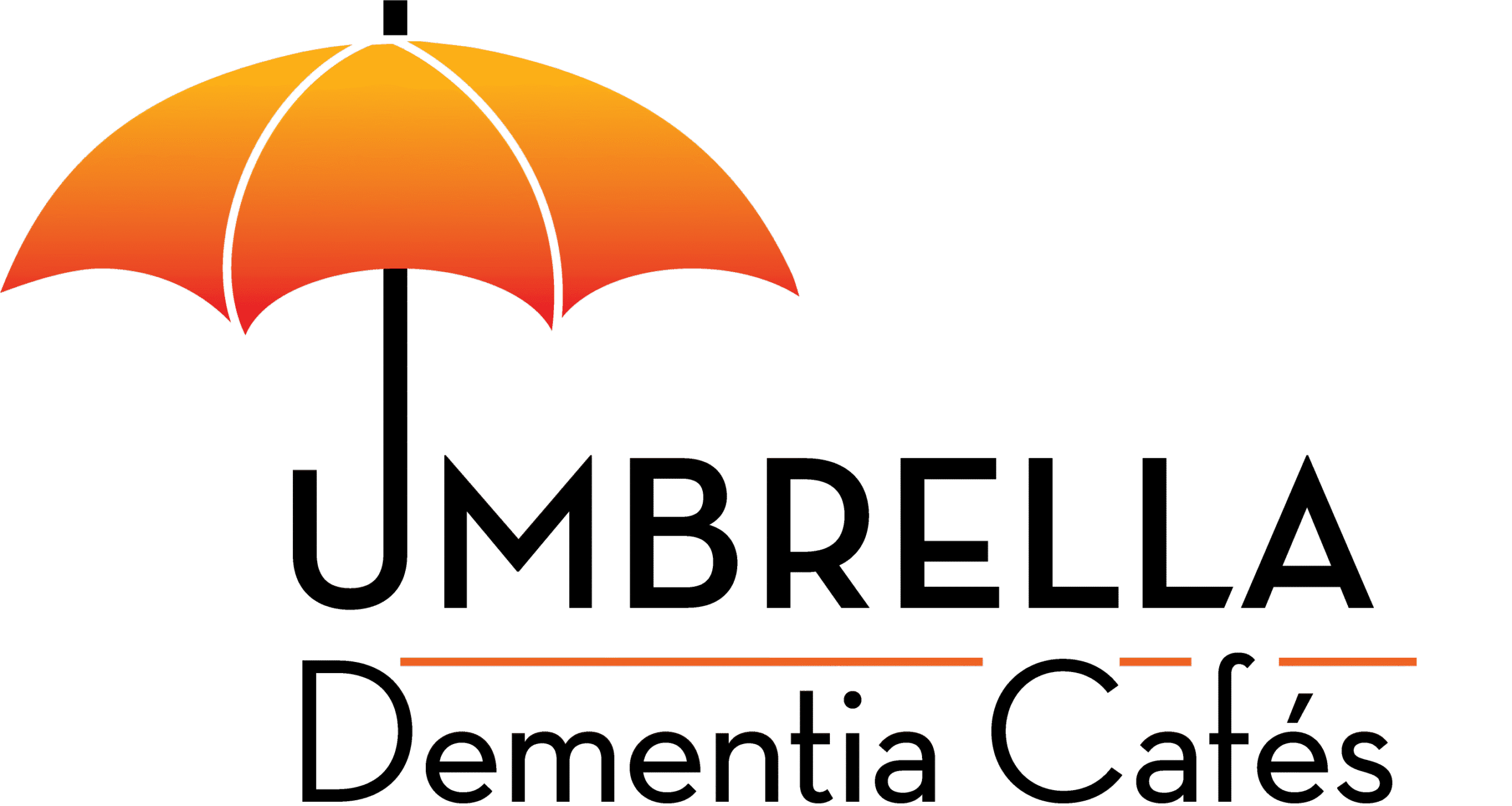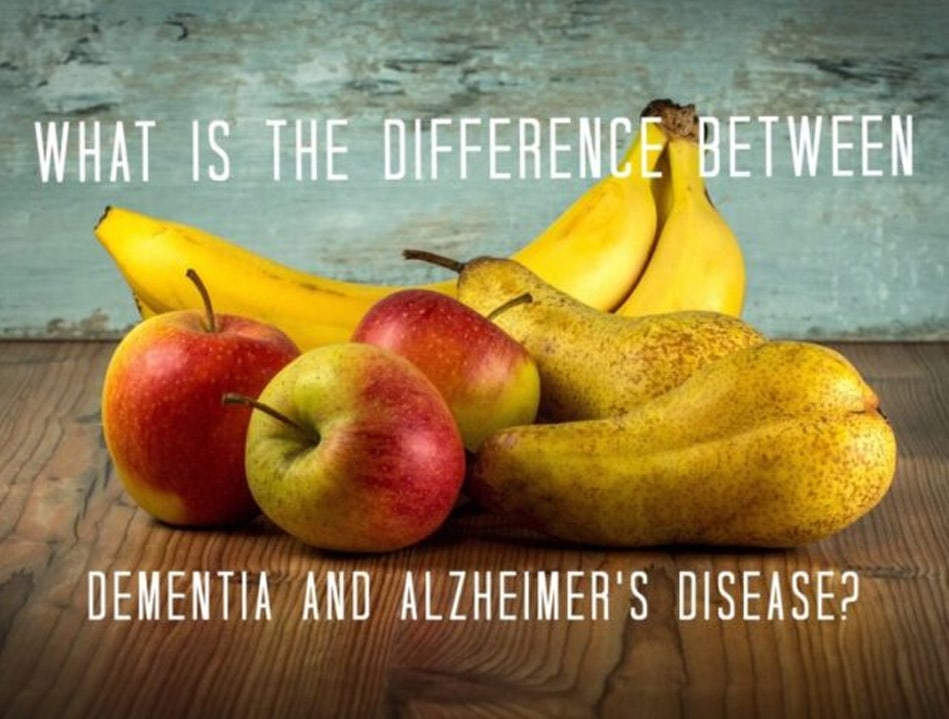Kirsty Porter
3 October 2016
Dementia is an umbrella term used to describe symptoms of a degenerative brain disease. Dementia is to Alzheimer’s what fruit is to an apple or what shortness of breath is to Asthma.
Dementia is a disease symptom and while it more commonly affects the older adult it is NOT a natural part of ageing.
Alzheimer’s is the most common of all the dementias and affects up to 70% of people diagnosed. Dementia with Lewy Bodies is another form of dementia but it is widely regarded as the most under-diagnosed dementia, as was the case with actor Robin Williams.
Dementia describes the symptoms of all degenerative brain diseases. Its symptoms can be as varied and as wide-ranging as our own personalities but generally dementia is characterised by changes in; behaviour, memory, orientation, movement, mood or ability to make decisions.
Finding out the cause of dementia symptoms requires a combination of specialist doctors to crawl into the nether regions of the brain to establish which part of the brain is affected to determine the correct diagnosis. For more on how a diagnosis is formed check out this guide.
This brain sojourn takes time. But, once the specialist doctor discovers where the dementia is occurring, how it’s progressing and even why, action can be taken and in some cases, specialists can even reverse the problem. For example, certain conditions such as depression or an under-active thyroid can be the cause of dementia symptoms, and therefore it’s important to establish early on what type of dementia is presenting in the brain.
And then there are the ‘true’ dementias
I would love to add a, “dementia-can-be-reversed-if-you-get-help-early” heading, but sadly, in this day and age, it’s not the case.
‘True’ dementias describe irreversible and progressive degenerative areas of the brain that are presently incurable and are terminal. Further, there are no cures or medication that can stop the degeneration or progression of any of the ’true’ dementias.
Degenerative true dementias, such as the more common ones; Alzheimer’s Disease, Lewy Bodies or Parkinson’s Disease, are all hallmarked by their own set of pathological changes in different areas and different cells of the brain.
As these pathological changes become more progressive, the brain begins to atrophy or shrink. Naturally, brain atrophy will affect physiological behaviours such as speech, movement, memory and perception. Importantly, with a prognosis anywhere between a 6 months (Creutzfeldt-Jakob disease or “mad-cow” disease) and 20 years (Alzheimer’s), getting the correct diagnosis will kick-start appropriate support, expectations and choices.
Today, there are over 130 different types of dementia recorded. With these kinds of numbers, it is important to get the correct diagnosis so that the plan of care and action is appropriate to the disease trajectory.
While diagnosis is important to establish disease trajectory, it is also vital that a great deal of support from health care professionals, the community associations, family and friends become a fundamental response at this point. Sadly, it is also at this point, stigma and ignorance becomes as real as the fear and emotional devastation a dementia diagnosis can bring.
This week, while setting up my own dementia café (The Umbrella Dementia Café and on Facebook), I’ve heard different perspectives of ‘what is dementia’, and why some people get Alzheimer’s in families and others don’t. I’d be interested in hearing what you’ve heard about dementia or Alzheimer’s? Why do some people get it early and others later in life?
Brian Kursonis, from North Carolina in the US, did not count on having Alzheimer’s at 54 at all! On the issue of stigma and ignorance he says,
“I have to tell you though, for me the stigma or the ‘uncomfortable part’ isn’t just admitting I have dementia to people but doing it so openly that they sometimes feel uncomfortable. I love it though when I can educate them. I knew so little about dementia a year ago”.
Written By Kirsty Porter







Help by sharing
Share your campaign on social media using the following links.